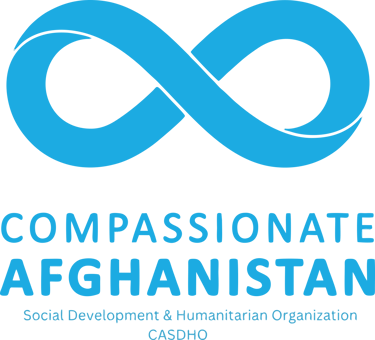Humanitarian Emergency: The Escalating Crisis of Afghan Returnees from Iran
A Nation in Crisis: The Plight of Afghan Returnees from Iran and Pakistan
Afghanistan Faces Escalating Crisis as Refugee Returns Surge
Afghanistan is facing a deepening humanitarian emergency as nearly 2 million Afghan refugees have returned from Iran and Pakistan in 2025, many through forced deportations. Daily return rates have soared to 30,000–35,000, with border crossings like Islam Qala overwhelmed.
Most returnees arrive with no documentation, belongings, or support. Families are left stranded in extreme conditions, with growing numbers of women and children at risk. Reports of mistreatment in Iran and arrests under political suspicion have intensified the crisis.
International agencies warn that the total number of returnees could exceed 3 million by the end of 2025, but aid efforts remain critically underfunded. Urgent humanitarian action is needed to address the growing needs of vulnerable returnees.
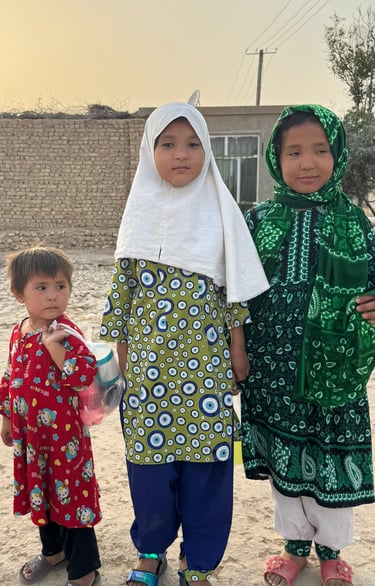

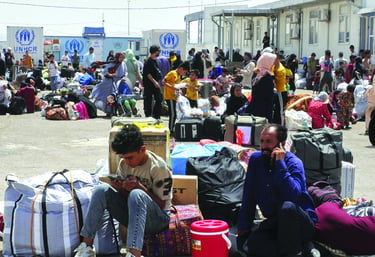

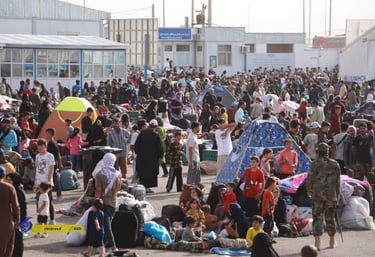

Photo: AVA
Photo: The Shillong Times
Photo: Bsira Hakimi
Key Challenges Faced by Returnees
Hunger and Malnutrition
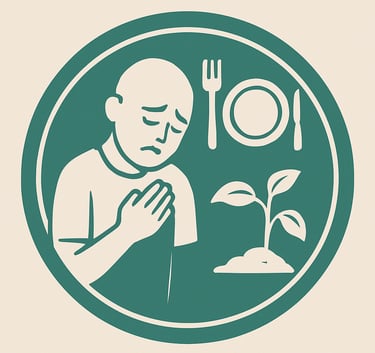

Lack of Shelter
Health Crises
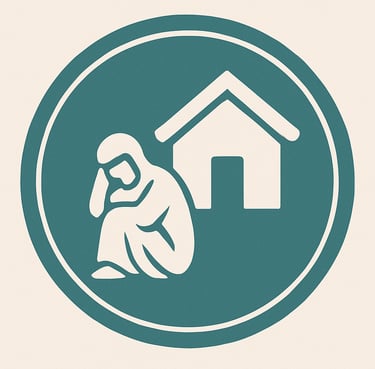

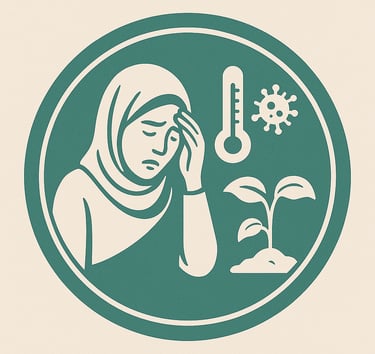

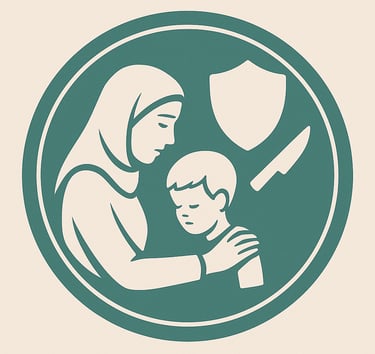

Protection Risks
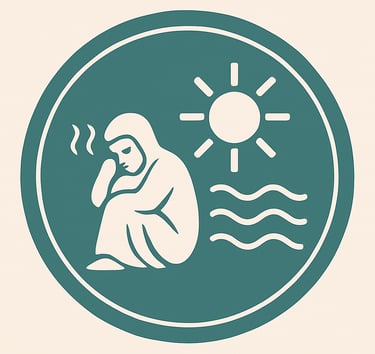

Extreme Heat Conditions
Voices from the Ground
The stories of returnees paint a harrowing picture of the crisis:
Lal Marjan, a mother of six from Kunar province, shared:
“We received no assistance, neither cash nor medical help. After the Iran-Israel war, the situation for Afghans became very bad. Our documents expired. We barely made it to Afghanistan. Iranian police treated us very badly.”
Seyed Hossein, a returnee from Kapisa, said:
“We were detained by Iranian police and expelled. After arriving in Herat, we received no aid—not even bread. Neither the government nor UNHCR helped. Now we face extreme poverty and unemployment.”
These voices underscore the urgent need for humanitarian assistance to support Afghan returnees in rebuilding their lives.
“We were deported from Iran with nothing — we left behind our house, savings, and everything we had. It has been 20 days since we returned. We arrived during the Eid holidays, and everything was closed. We received no help at all — not from the government, not from UNHCR. My children sleep under the open sky. We have no water, no food, and I am pregnant. There is no clinic, no medicine, and no one to support us. All we ask for is a proper shelter, clean water, electricity, and a chance for my children to go to school.”
Raheema is currently living in an open compound with her children, without a roof or basic services. Her condition is particularly alarming due to her pregnancy and the complete lack of healthcare access. She urgently needs emergency assistance, including food, water, maternal health support, and access to safe shelter and education for her children.
– Raheema – Pregnant Mother of Three, Forcibly Deported from Iran
Our Rapid Response
Compassionate Afghanistan responded swiftly, using just $200 to restore dignity, health, and hope:
30+ Days of Food, a complete family food package, tailored to maternal nutrition needs.
Cash Assistance, for immediate needs like fresh fruit, medicine, and household essentials.
Medical Referral & Support, personally overseen by our Community Medical Expertise Panel, ensuring safe care pathways and essential tests for her pregnancy.
School Supplies for Her Children, books, stationery, and emotional support to reconnect them with learning and stability.
This was more than a relief package, it was compassion in action.
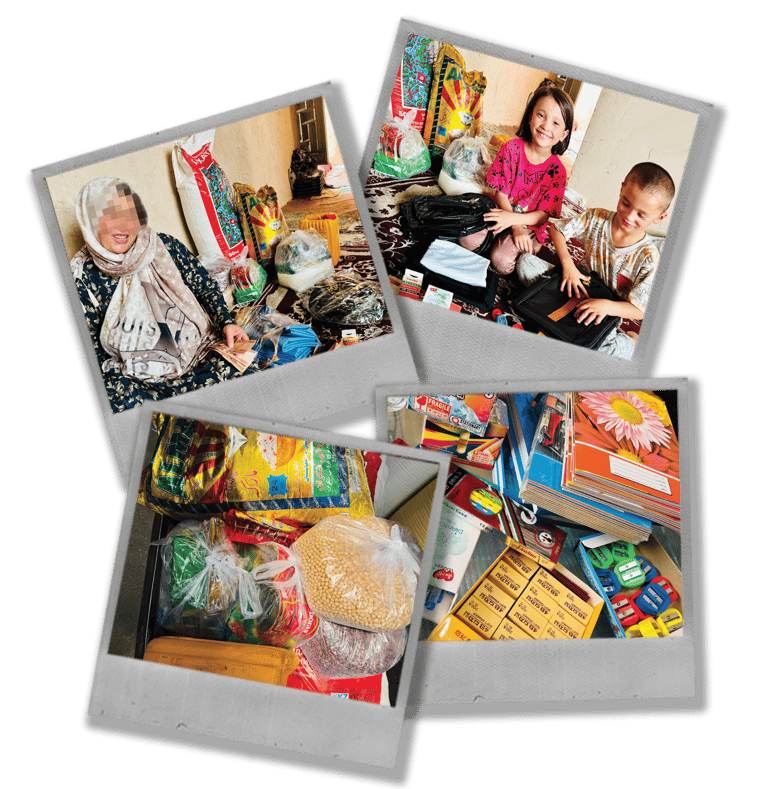

Help More Families Like Raheema’s
Support a Returnee Family, $150
Your donation covers food, medicine, school supplies, and urgent care for one family in crisis.
Compassionate Afghanistan’s Response
Compassionate Afghanistan is on the ground, working tirelessly to address the urgent needs of Afghan returnees. Our team and volunteers are stationed at border points like Islam Qala and Spin Boldak, closely collaborating with local authorities, international organizations, and community leaders to provide life-saving assistance.
Our Key Interventions:
Emergency Relief:
Distributing food packages and clean drinking water to ensure families have access to basic necessities.
Operating community kitchens in camps to serve hot, nutritious meals to returnees.
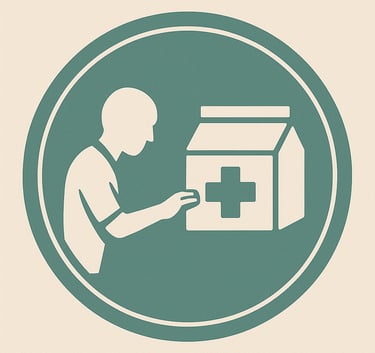

Shelter and Cooling Facilities:
Setting up temporary shelters to protect families from the heat and provide shaded areas.
Providing access to cooling stations and clean water to mitigate the effects of extreme heat.
Deploying mobile health teams to provide maternal and child healthcare, vaccinations, and treatment for illnesses.
Supplying essential medicines to treat malnutrition, infections, and chronic illnesses.
Healthcare and Medical Support:


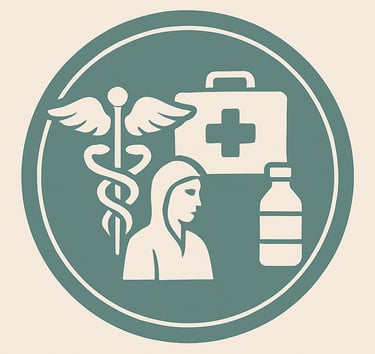

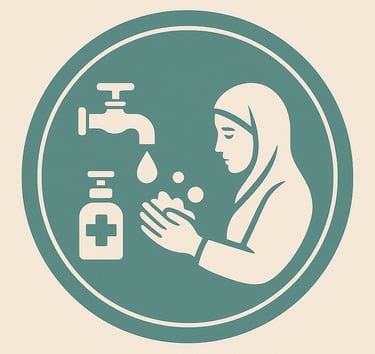

Hygiene and Sanitation:
Providing hygiene kits with soap, sanitary pads, toothbrushes, and other essentials.
Installing temporary toilets and washing stations to prevent the spread of disease.
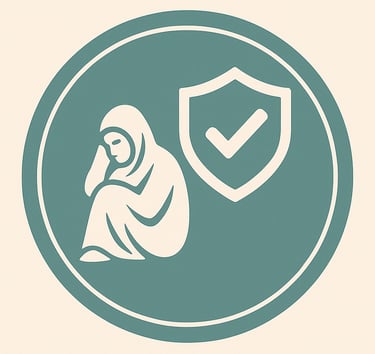

Protection Services:
Establishing child-friendly spaces and safe zones for women and children.
Offering psychosocial support to trauma-affected individuals.
Challenges on the Ground
Despite our efforts, the scale of the crisis is overwhelming, and resources are stretched thin. Key challenges include:
Overcrowded Camps: Facilities at border points are operating beyond capacity, leaving many families without adequate shelter or services.
Funding Gaps: Only a fraction of returnees are receiving the support they need due to limited funding and resources.
Healthcare Shortages: A lack of medical staff, medicines, and mobile health teams is hindering our ability to address rising health needs.
Protection Risks: Women and children remain vulnerable to exploitation and abuse, with insufficient protection mechanisms in place.


Our ground team and volunteers are actively engaged in assessing the urgent needs of Afghan returnees. Compassionate Afghanistan is fully committed to contributing to life-saving efforts and restoring dignity to those affected. Our team is working tirelessly, day and night, to utilize available resources and initiate fundraising efforts. Based on the support of our partners, donors, and financial resources, we aim to provide critical aid and support to those in need. Together, we can make a difference in the lives of Afghan returnees and help them rebuild their futures.
Compassionate Afghanistan’s Commitment
Compassionate Afghanistan is committed to providing life-saving aid to Afghan returnees, but we cannot do it alone. We urgently need your support to scale up our response and reach more families in need. Your contributions can help us provide food, water, shelter, healthcare, and protection to those who need it most.
Support Our Appeal
Sources and Acknowledgments
This update is based on reports from international organizations and media outlets, including:
World Health Organization (WHO), June 25, 2025
International Organization for Migration (IOM), June 27, 2025
UNHCR/AP, June 28, 2025
Afghan local media: Tolo News, RFE/RL
Disclaimer
This news update is compiled from publicly available information and reports from international organizations. Compassionate Afghanistan is not responsible for the accuracy of external data but is committed to providing timely updates on the humanitarian crisis.
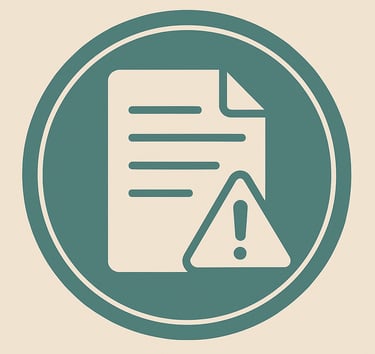

Compassionate Afghanistan
Transforming Lives in Afghanistan Together
+93-799-799-240
Compassionate Afghanistan © 2025. All rights reserved.
Kabul, Afghanistan
